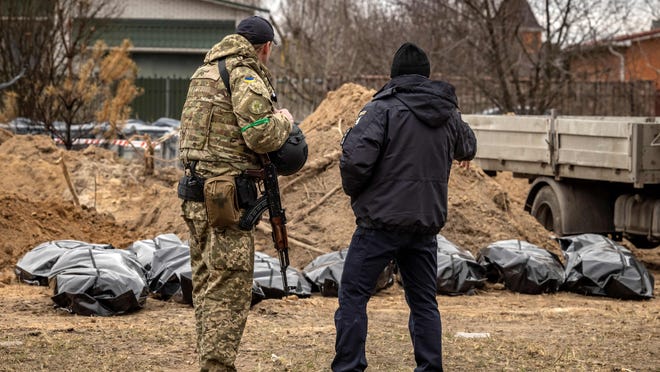-
Kourtney Kardashian Defends Post-Baby Body From Troll on 45th Birthday

Kourtney Kardashian is again defending herself against people who feel she doesn’t…
-
Larsa Pippen and Marcus Jordan Spotted Holding Hands After Split

Larsa Pippen and Marcus Jordan. Romain Maurice/Getty Images Is Larsa Pippen and…
-
‘Fallout’ Renewed for Season 2 at Prime Video

Fallout‘s a hit! Prime Video has officially renewed its hit series for…
-
Billie Eilish Says ‘Ocean Eyes’ Would ‘Not Even Exist Without’ Lana Del Rey

Billie Eilish is continuing to celebrate her full-circle performance with Lana Del…
-
This Is the Denim Skirt Styling Hack That Style Editors Swear By
Figuring out how to style a denim skirt should be easy; after…
-
Real Housewives Deaths: Most Shocking Tragedies in the Franchise

Courtesy of Lauri Peterson/Instagram; Tasos Katopodis/Getty Images Fans of the Real Housewives…
- Apr- 2024 -18 April
Liverpool must show their season is not over after disappointing Europa exit – European hits and misses
Light at the end of the Liverpool tunnel? Image: Mohamed Salah scored from the penalty…
Read More » - 18 April
NBA picks, best bets for Play-In Tournament: Time’s up for short-handed Heat as Pelicans quell De’Aaron Fox
Now that the 2024 NBA postseason has begun, the basketball betting market is hotter than…
Read More » - 18 April
AEW Dynamite Hits And Misses (4/17/24)
The go-home edition of AEW Dynamite for the Dynasty PPV event went down at Indiana…
Read More » - 18 April
2024 NFL first-round mock draft: Five QBs in Round 1
The NFL Draft is just one week away. Here’s a look at our latest first-round…
Read More » - 18 April
Tony Khan Reacts To Oklahoma Athletic Commission’s Warning Over Using Transgender Nyla Rose
As we reported yesterday here on eWn, the Oklahoma State Athletic Commission sent a “warning”…
Read More »




























/cdn.vox-cdn.com/uploads/chorus_asset/file/21869417/akrales_200904_4160_0216.0.jpg)











/cdn.vox-cdn.com/uploads/chorus_asset/file/22552018/Witcher_108_Unit_03151_RT.jpg)